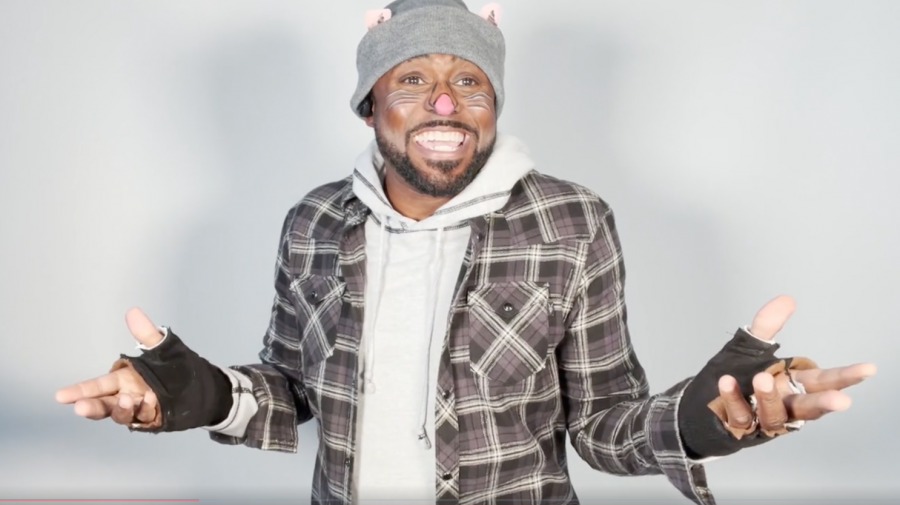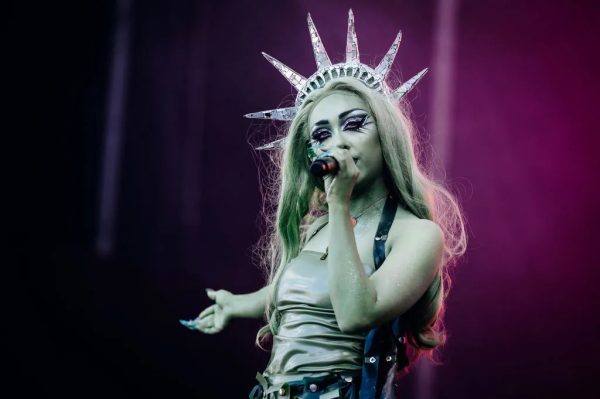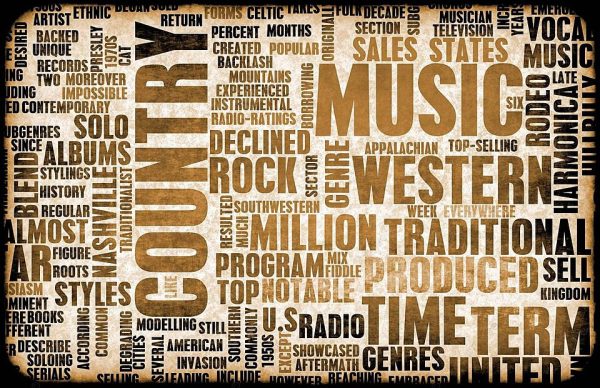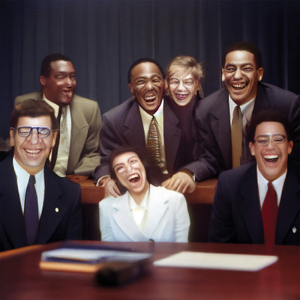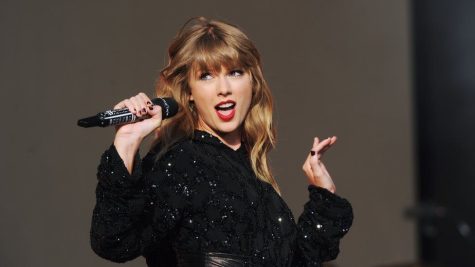TikTok Wrote a Ratatouille Musical
… and it slaps.
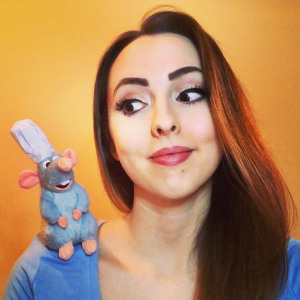
In August of 2020, Emily Jacobsen posted a video of a song floating around in her head: a humorous ballad honoring Remy the Rat, main character of the 2007 Pixar film Ratatouille. While the video was posted just as a fun song to amuse some friends, it quickly began to shape into something much more as a singular question took root across TikTok:
What if there was a Ratatouille musical?
Remy on the Rise: How the Musical Came About
Jacobsen’s viral song started a trend that swept across TikTok, catching the ears of many talented writers and artists across the platform.
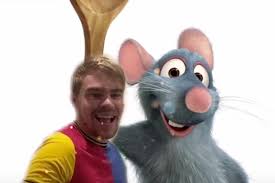
First, Jacobsen’s original song was transformed into an orchestral masterpiece by TikTok user Daniel J. Mertzlufft. This rendition rose to the same popularity as the first, cementing the song’s status as the origin and centerpiece of the entire project. Then, very quickly, videos began popping up as songwriters took the idea of a Ratatouille musical and ran with it. The songs listed below are some of the trend’s highlights, and were all included in the final production:
Kitchen Tango- In October, 17 year-old songwriter Blake Rouse posted his new song for the project: a fun tango as Colette teaches Linguini the rules of the kitchen.
Trash Is Our Treasure- Budding songwriter Gabbi Bolt contributed a song for Remy’s father, as he urges Remy to appreciate the “rat” lifestyle and find the “good in the garbage.” The song would later be sung in the final production by Wayne Brady, prominent comedian and television personality— who publicly expressed his admiration for a starstruck Bolt’s work with the song.
I Knew I Smelled a Rat- My personal favorite of the songs is Sophia James’ song, written for the moment when head chef Skinner catches Linguini and Remy talking in the kitchen. The song is catchy and silly, and will get stuck in your head for hours.
Anyone Can Cook- While most of the musical’s songs were written by talented yet formerly unknown TikTok artists, this song is a glaring exception. This song was written and posted by renowned Broadway actor Kevin Chamberlin, who would go on to play Gusteau in the final production.
Remember My Name- This song, written by Mertzlufft, is one of the most memorable in the production. This is a classic Disney “I Want” song, in which Remy boldly states his dreams of becoming a world-renowned chef.
Production and Release
By mid-autumn, the Ratatouille musical had already begun trending on another level: even Disney and Pixar began re-posting lyrics, easing the original author’s fears of copyright-related infringement. And after this, there was no stopping the project.

On December 9th, Seaview Productions announced that the musical was in development. However, due to COVID and other restrictions, the project would take on a form never seen before in the industry: a musical filmed, edited, and presented to audiences entirely virtually. The proceeds from the paid virtual event would go to support the Actors’ Fund, an organization that has been essential in supporting arts and entertainment workers during the pandemic.
Each actor filmed their own parts of the story, and editors compiled the footage into a comprehensive, Zoom-reminiscent virtual musical. The cast held a few big names: with television personality Wayne Brady as Remy’s father D’Jango, Broadway star Kevin Chamberlin as Gusteau, Dear Evan Hansen star Andrew Barth Feldman as Linguini, and Titus Burgess of Netflix’s Unbreakable Kimmy Schmidt as Remy.
The musical was released for a limited 72-hour period beginning on January 1st, and was premiered again in a TikTok livestream on January 10th.
Impact
One major area affected by the long months of quarantine is the arts, specifically the theater. Theaters all over the world, including Broadway, have been shut down in order to prevent the spread of the coronavirus, and actors have faced huge personal and financial struggles.
However, the industry has slowly begun to adapt in new ways. While there is no definitive solution allowing us to continue producing plays and content without endangering participants, innovative new projects like this one are slowly starting to shift the way that the theater works.
Hopefully, it won’t be long until the world of arts and theater opens up for in-person rehearsal and performance. But the Ratatouille Musical, in all of it’s meme-ing glory, has ventured into uncharted territory: a musical, entirely virtual, and entirely crowd-sourced. Despite all of our hopes that theater will return to normal, we can also recognize the immense potential that this musical represents—a way to make theater more accessible, and a brand-new method of telling a story.



